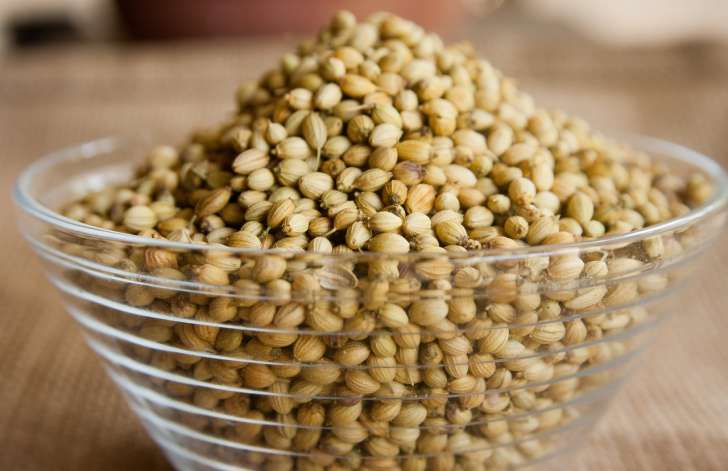Coriander Seeds: Health Benefits – You Didn't Know About It
Coriander seeds and leaves have a whole palette of flavors: from nutty to lemony.
Is it possible to eat coriander seeds
Both its round seeds and fresh leaves, which have a pronounced piquant taste, are eaten.
The benefits and harms of coriander are due to its composition, which contains many vitamins, micro- and macroelements.
Health Benefits of Coriander Seeds
Coriander seeds contain trace elements potassium and magnesium, which improve the functioning of the cardiovascular system.
Since men are more at risk of heart disease and hypertension, they are encouraged to consume foods that can help prevent such diseases.

Coriander essential oils contain borneol and linalol, which aid digestion and have a beneficial effect on liver function.
Cineole, borneol, limonene, alpha-pinene and beta-phellandrene also have antibacterial effects.
Coriander helps lower blood pressure in people suffering from hypertension.
What are the benefits of ground coriander
Ground coriander enhances liver function and improves appetite.
The spice promotes weight loss. Coriander also has a beneficial effect on gums, treats stomatitis and bleeding.
The spice is very useful to take for stomach upsets, diarrhea, and menstruation disorders.
Previously, we talked about the benefits of chickpea sprouts.


